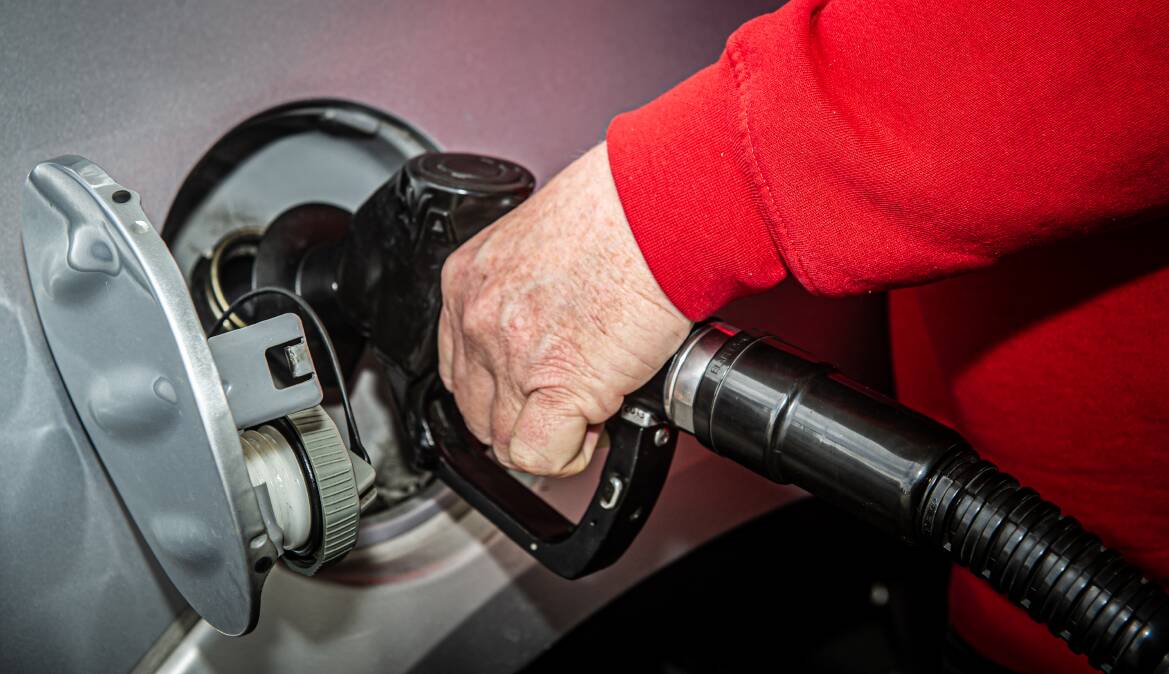There's an old adage in the oil futures business that if war breaks out, prepare for a run on the market. And if the war is anywhere near the Middle East, then the bulls will be barging to run.
Sure enough, oil prices rose about 5 per cent in the wake of the Hamas attack on Israel at the weekend as New York energy markets opened for business for the first time on Monday morning.
Global benchmarks rose to US$89 a barrel and West Texas Intermediate rising to about US$87. It has held at this point - but for how long?
This level remains well short of the $140 barrel shock - an eight-year high at the time - which reverberated through international markets in March last year when Russia invaded the Ukraine.
However, the prospect of oil producer Iran - which is accused of being behind the attacks on Israel - could have a similar spike effect.

Since July 16, the average retail price of diesel in the ACT has risen from $1.92 to $2.29.
Around the ACT region recently, the volatility of pricing has regularly sent diesel over $2.25 a litre, in excess of $2.17 for premium (95 RON) ULP and above $2.05 for 91 octane.
Before the weekend, the welcome news was that the 28-day price average had been trending downward on all three fuels.
But no more.
Analysts have warned that any spread of the fighting could drive oil prices far higher, especially if Iran becomes actively involved in the war.
NMRA spokesman Peter Khoury said their analysts were watching the knock-on market effects from Gaza and Israel "on an hourly basis".
"The initial reaction was the [oil] price went up $3 a barrel," he said.
"But that's not uncommon; every time you see an escalation in the Middle East the markets react. But they also readjust. Sometimes it happens quickly, but usually it takes some time.
"This [Hamas attack on Israel] is a pretty troubling development. Where the conflict goes from here is the critical thing."
Ironically, it was 50 years ago this month when the oil-producing Arab states proclaimed an oil embargo which was to turn the world energy markets upside down and send international fuel prices through the roof.
By the end of the embargo - which mostly targeted the US and Canada but had knock-on effects through the globe including Australia, Japan, and Europe - fuel prices had risen 300 per cent.
Little wonder, then, that those oil industry analysts with an eye to history are keeping a close and nervous watch on the latest, dramatic events in the Middle East, where Israel has declared itself "at war".
The ongoing Ukraine war, together with a number of other key factors such the current poor trading value of the Australian dollar against the US greenback and cutbacks in production by the Saudi-run OPEC cartel, has continually kept prices volatile.
Diesel will the first and hardest hit in any price surge because it's a key fuel of war. All logistics and support lines depend on diesel.







